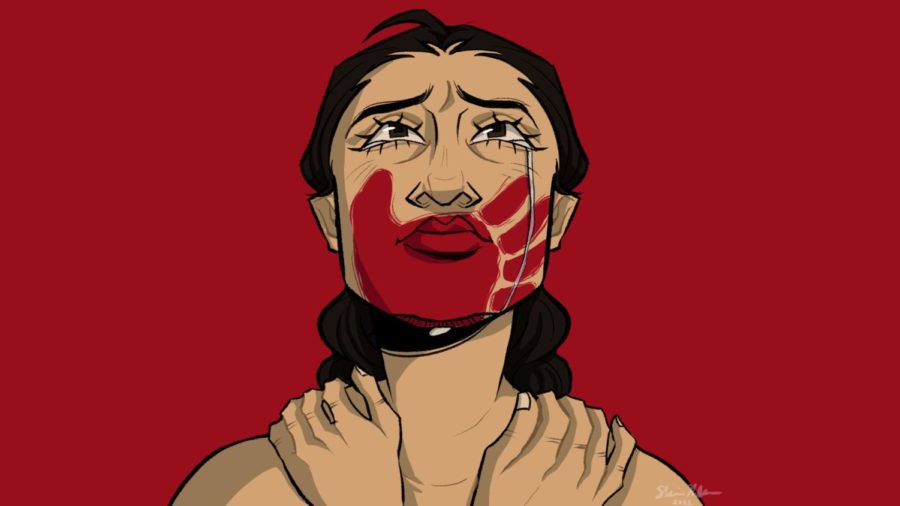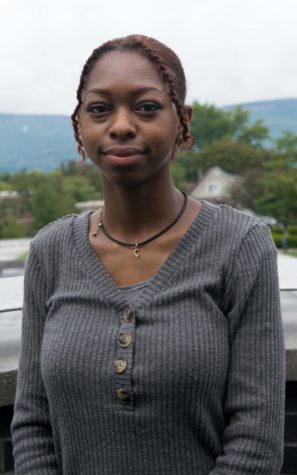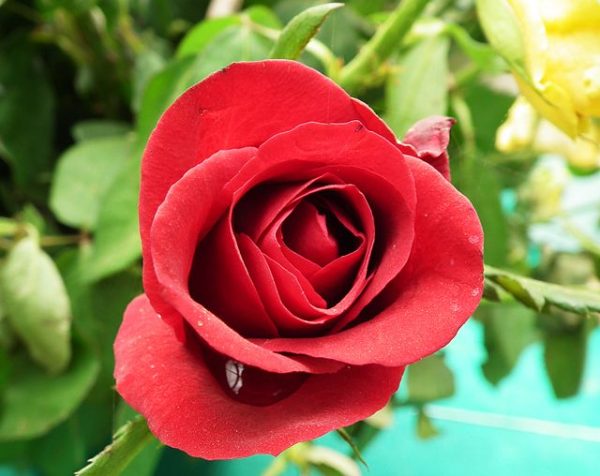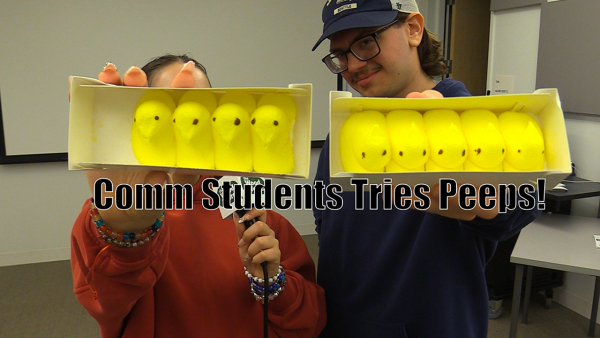Native American rape victims deserve equal justice
Photo credit/ Shania Nelson
Native American women are being silenced and cast aside by the justice system.
Think about your mother, your sister, your wife, or your daughter. Imagine if it was a perceived guarantee that they would be raped at least once in their lifetime. Imagine that they are raised on the notion that they will be raped and need to be mentally prepared.
For Native Americans, this is reality. About one in three Native American women report being raped in their lifetime at least once, if not multiple times. Yet the American public is not often aware of this crisis. Their injustices and missing persons are not plastered across our televisions or even displayed in our newspapers.
Native American women continue to be raped, and yet nothing is being done about it. They deserve justice. Fellow Americans need to become aware of these injustices in order to stand up and speak out for these forgotten victims.
Given that about eighty-six percent of reported cases are committed by non-Native men, the tribal nations cannot give out proper punishment, as it is out of their jurisdiction. Tribal law holds the jurisdiction to convict fellow Native Americans on the basis of any crime and any non-Native on the basis of civil crimes committed on reservation land.
However, they do not have the power to convict non-Natives on the basis of sexual assault or any other major crime. These crimes fall under the power of the FBI, who are in charge of investigating and going through with the arrest.
Often times however, these cases are never investigated, leading to unsolved and forgotten rape cases, missing peoples cases, and murders. Native Americans too often have cases of missing women that are never found. These missing women cases are most times linked with rape and sexual assault.
Unlike when white women and children go missing, with their faces plastered on every news channel and headlined in every newspaper as seen in Gabbi Petito’s case, Native American missing women and children receive no recognition. Racism exists in the publicity, or lack thereof, of missing persons who are nonwhite.
No one knows when they go missing except for the families and fellow reservation members. However, there is nothing they alone can do about it without the help of law officials and the public.
These injustices Native American women are facing reminds me of the old adage “if a tree falls in the woods and no one is around to hear it, does it still make a noise?” If no one knows of these injustices, it simply does not exist, except for the people it directly impacts.
So how can we make a difference? The most important thing is acknowledging this as the crisis that it is and spreading the knowledge to help raise awareness. The more people who know about it the better. Seen with the Black Lives Matter movement, Gathering supporters and having voices speak out is an effective way to get people and the government to take action for an injustice. This can be seen with the Black Lives Matter movement which has sparked change in police reform, racial artifacts, education, and entertainment.
In order to accomplish anything, one must be educated and unbiased on the issue first. As many people have never heard of this issue before, it is important to do some research and be knowledgeable with accurate information, to avoid the spread of false information.
After gaining legitimate knowledge and proceeding in an unbiased fashion, the next step is to conduct events beneficial to raising awareness, whether this be on social media accounts, on college campuses, or rallies across the country.
When more people show their support, social injustice begins to receive the recognition that it deserves, hopefully in turn, resulting in due justice over time.
Taking a step in the right direction, President Joe Biden just recently signed an executive order directing federal agencies to address the injustices that Native Americans face.
Even as college students, class essays and research papers written on social injustice can help raise awareness. Submissions to school clubs such as The Wood Word and The Bay Leaf, can give recognition to social injustice. Being active and vocal about the injustices Native Americans suffer from can make a large impact.
Let our voices be heard, no matter how small they may seem. Fight for those who have no voice at all.
Contact the writer: [email protected]
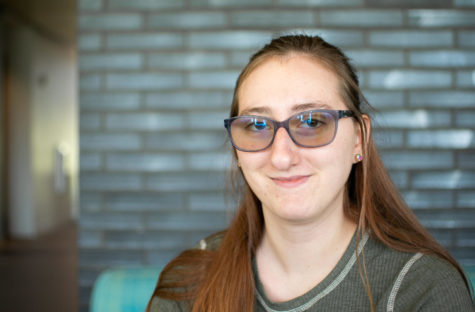
Amanda Morgan is a senior here at Marywood full of aspirations, double majoring in English Writing and English Literature, as well as pursuing her master's...



